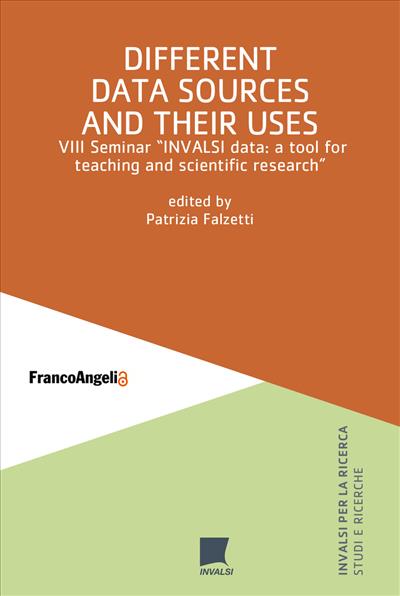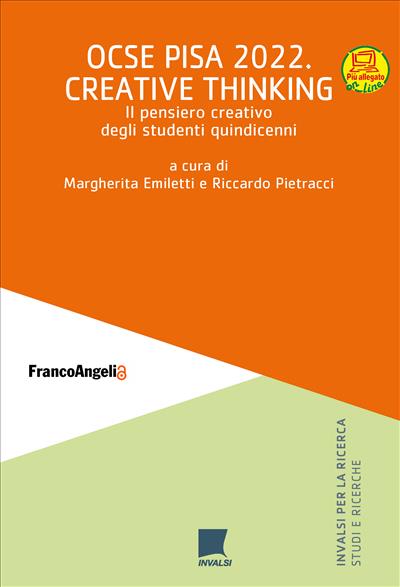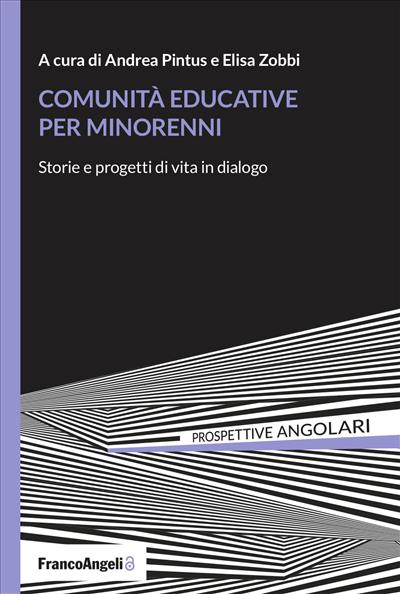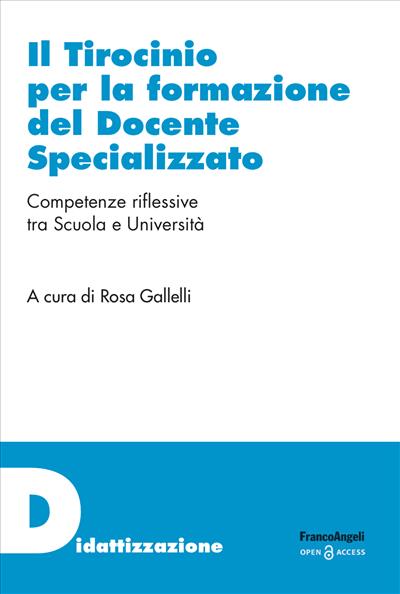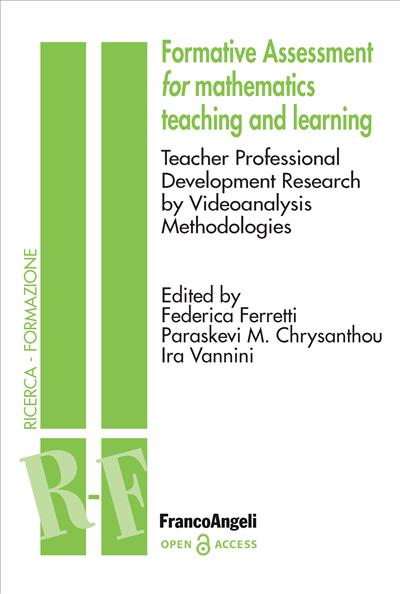
A cura di: Federica Ferretti, Michael-Chrysanthou Paraskevi, Ira Vannini
Formative Assessment for mathematics teaching and learning.
Teacher Professional Development Research by Videoanalysis Methodologies
This book aims at describing pathways and achievements of the LLP Comenius Project “FAMT&L – Formative Assessment in mathematics for teaching and learning”. The main purpose of this research project was to encourage the use of formative assessment in the teaching-learning process carried out by mathematics teachers in lower secondary school.
Pagine: 180
ISBN: 9788891774637
Edizione:1a edizione 2018
Codice editore: 11311.2
Informazioni sugli open access
